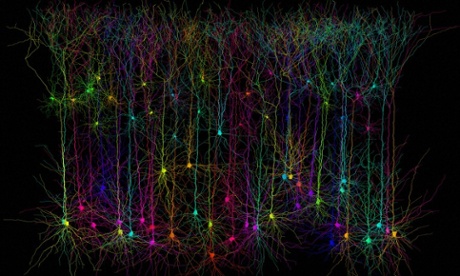
If you’ve just learnt something new and want to improve your chances of remembering it, you’d do well to sleep on it. Whether you’re learning to play a musical instrument or revising for exams, a good night’s sleep afterwards – or even just a power nap – will aid long-term storage of the new memories and make it more likely they'll stick.
We know that learning and memory involve the modification of synapses, the connections between nerve cells, but it wasn’t entirely clear how sleep aids memory consolidation. New research published in the journal Science seems to suggest that it does so by promoting the formation of new synapses and then stabilizing them.
Wenbiao Gan of the Langone Medical Center at New York University and his colleagues trained mice to run backwards or forwards on a rotating rod, then left some of them to sleep while keeping the rest awake, using confocal and two-photon microscopy to monitor the motor cortex, which is involved in controlling movement, through ‘windows’ scraped into animals’ skulls.
Learning induced the formation of new dendritic spines, the tiny, bulbous protuberances on the branches of neurons, which come into close contact with the nerve terminals of other cells to form synapses, the junctions at which the cells can communicate with each other. Each task produced a unique pattern of new spines on the branches of the same motor cortex neurons, but only in the mice that were left to sleep after the training.
“We found that about 5% of spines in the motor cortex were formed anew in response to the learning task over 8-24 hours,” says Gan, “and our previous studies show that a fraction of these rapidly formed new spines – about 10% - are maintained over the subsequent weeks to months." The experiments also showed that the same neurons that were activated during learning of the task were reactivated during sleep, and this apparently stablized the newly-formed spines, because no new spines were seen when reactivation was blocked with a drug.
The researchers did not re-test learning behaviour after blocking spine formation, however, or determine whether the new spines actually paired up with nerve terminals to form functioning synapses. Even if they did form synapses, it’s not clear that such a small number of them could contribute to information processing, so more work is needed to confirm that the new spines that sprout during sleep are indeed involved in memory.
Reference: Yang, G., et al. (2014). Sleep promotes branch-specific formation of dendritic spines after learning. Science, 344: 1173-1178. DOI: 10.1126/science.1249098

